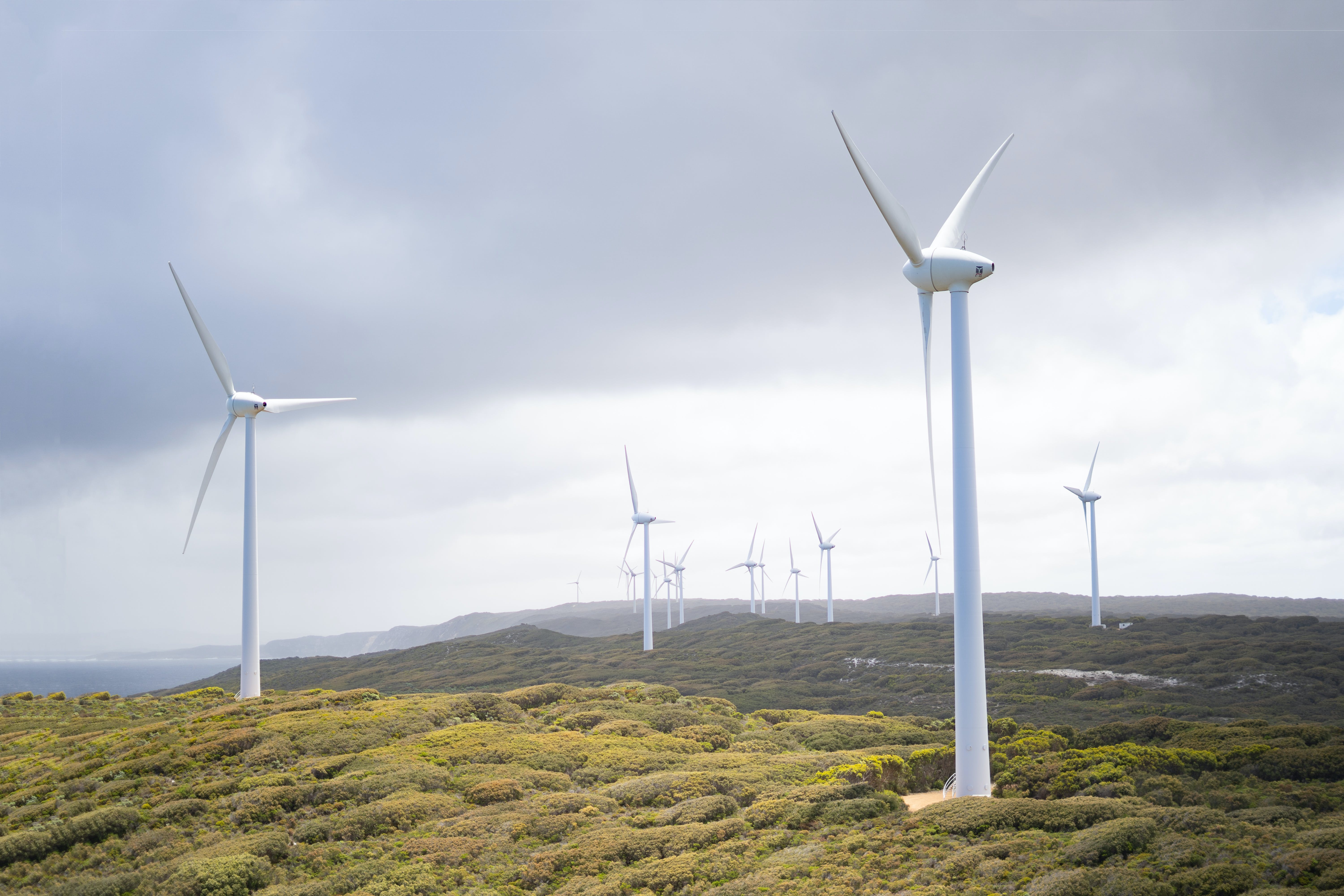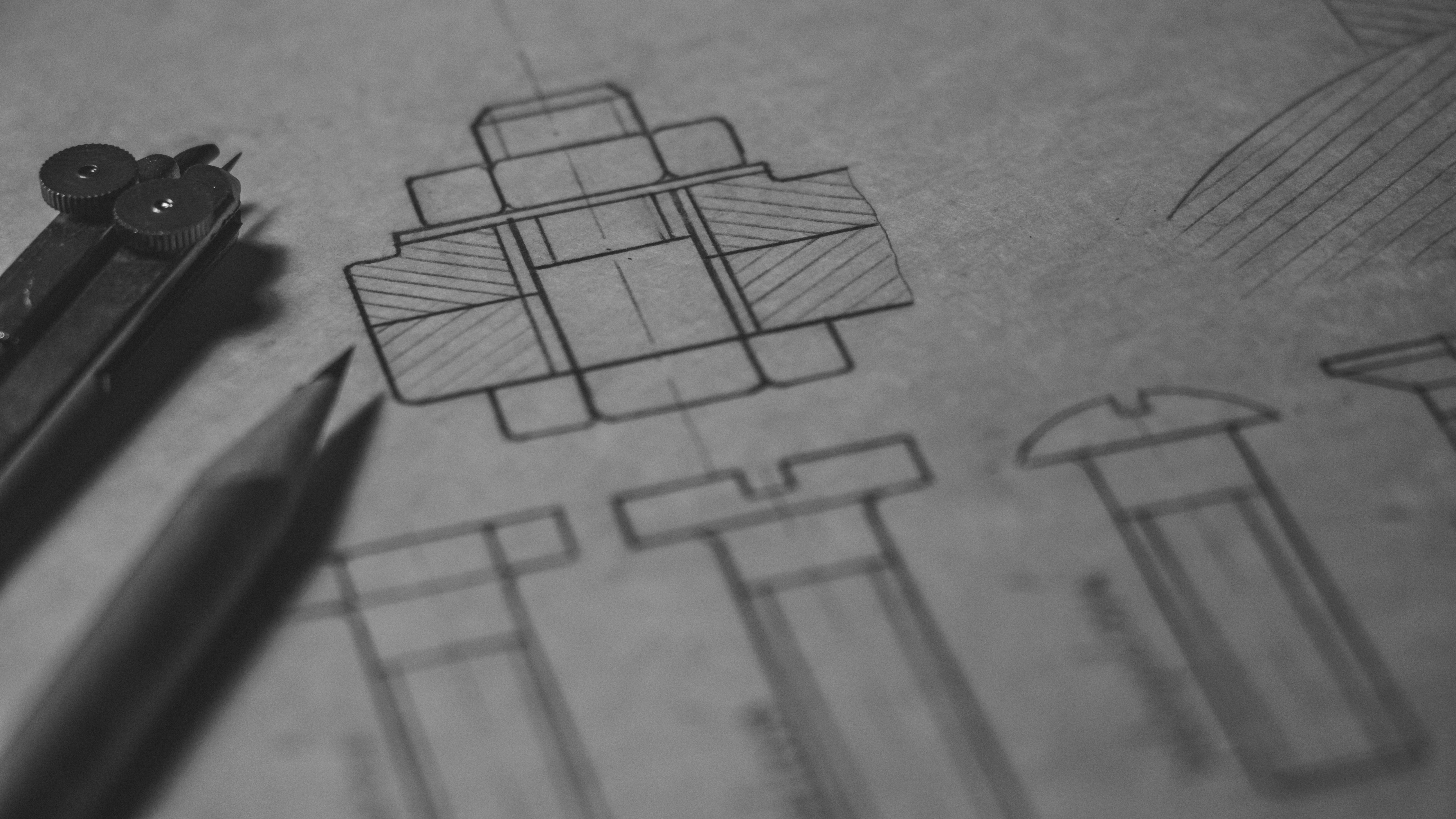Crafting a Greener Future in Manufacturing
Oct 15, 2023

In the manufacturing sector, a significant shift towards environmental sustainability is underway. This change is crucial, as the industry looks to balance ecological responsibility with manufacturing efficiency. The processes of die casting, CNC machining, and injection molding, in particular, are witnessing a transformation, adopting practices that reduce environmental impact while maintaining, or even enhancing, production quality.
The Green Shift in Die Casting
Die casting has traditionally been an energy-intensive process, but recent advancements are steering it towards a more sustainable future. The industry is increasingly leveraging recycled materials, which significantly mitigates waste and conserves resources. This not only reduces the environmental toll of extracting and processing new materials but also extends the lifecycle of existing metals.
Moreover, die casting machinery has seen technological improvements that emphasize energy efficiency. These modern machines reduce the overall energy consumption of the process, leading to lower carbon emissions and operational costs. Another notable stride in this field is the adoption of water-based and non-toxic lubricants. Moving away from harmful chemicals, these environmentally friendly alternatives ensure safer working conditions and minimize ecological footprints, making die casting a more sustainable manufacturing process.
CNC Machining: Precision Meets Eco-Consciousness
CNC machining is also joining the sustainability trend. Key to this transformation is the optimization of machining processes via advanced software. These sophisticated systems enable more efficient cutting paths, reducing material waste and energy use. This optimization not only conserves resources but also offers cost benefits.
In terms of materials, the CNC machining sector is exploring sustainable options. The use of eco-friendly materials like bamboo and recycled plastics is becoming increasingly prevalent. These alternatives are not only environmentally responsible but also offer new possibilities in terms of design and application. Furthermore, powering CNC machines with renewable energy sources, such as solar power, marks a significant leap towards reducing the carbon footprint associated with CNC machining operations.
Injection Molding's Eco-Friendly Innovations
Similar eco-friendly advancements are reshaping injection molding. The industry is progressively adopting biodegradable plastics made from renewable resources. Compared to conventional plastics, these materials significantly lower environmental impact, offering a promising solution to plastic waste issues.
Energy-efficient hydraulic systems in modern injection molding machines are another advancement. These systems use less energy, contributing to reduced greenhouse gas emissions and making the process more sustainable. Additionally, the implementation of closed-loop cooling systems marks a significant step towards water conservation. These systems drastically cut down water usage, aligning the injection molding process with sustainable industrial practices.
In conclusion, the move towards sustainable practices in die casting, CNC machining, and injection molding is a positive and necessary evolution in the manufacturing world. This shift not only sets new standards for eco-friendly production but also exemplifies a responsible approach to industrial operations, paving the way for a more sustainable future in manufacturing.
